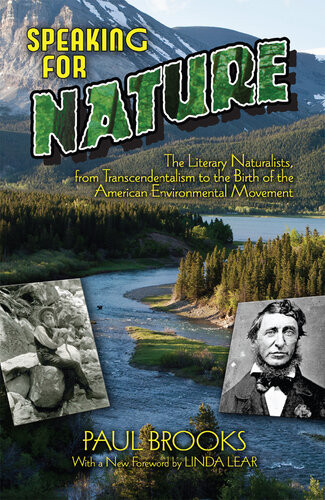

Most ebook files are in PDF format, so you can easily read them using various software such as Foxit Reader or directly on the Google Chrome browser.
Some ebook files are released by publishers in other formats such as .awz, .mobi, .epub, .fb2, etc. You may need to install specific software to read these formats on mobile/PC, such as Calibre.
Please read the tutorial at this link: https://ebookbell.com/faq
We offer FREE conversion to the popular formats you request; however, this may take some time. Therefore, right after payment, please email us, and we will try to provide the service as quickly as possible.
For some exceptional file formats or broken links (if any), please refrain from opening any disputes. Instead, email us first, and we will try to assist within a maximum of 6 hours.
EbookBell Team

4.3
78 reviewsBeginning with Thoreau, nature writers not only have influenced our appreciation of the natural world but also have helped to preserve the American wilderness, from the Maine Woods to Yosemite and the Sierra. Writer and activist Paul Brooks presents narrative portraits of great literary naturalists, offering a 200-year history of the country's movement toward conservation. Profiles of leaders in the fight to protect the environment and safeguard our natural heritage include John Burroughs, John Muir, William Beebe, and many others. A new Foreword has been written for this edition by Linda Lear, author of Rachel Carson: Witness for Nature.
"A richly informative book which portrays the nature writers from Henry Thoreau to Rachel Carson who shaped the development of conservation in America." — San Francisco Chronicle
"A brisk and illuminating survey of the naturalists who by their writing moved Americans into the age of ecology." — TheNew York Times Book Review
"This valuable book reviews the past century of American nature writing from the prose rhapsodies of Thoreau and Muir to the alarm calls of Bernard DeVoto and Rachel Carson . . . writers who have fought bravely and well and have left us a powerful heritage upon which to build." — Boston Globe
"Paul Brooks's gracefully illustrated text, in the very tradition it honors, offers hope that reason and reverence — the poetry of science — will prevail." — Washington Post Book World